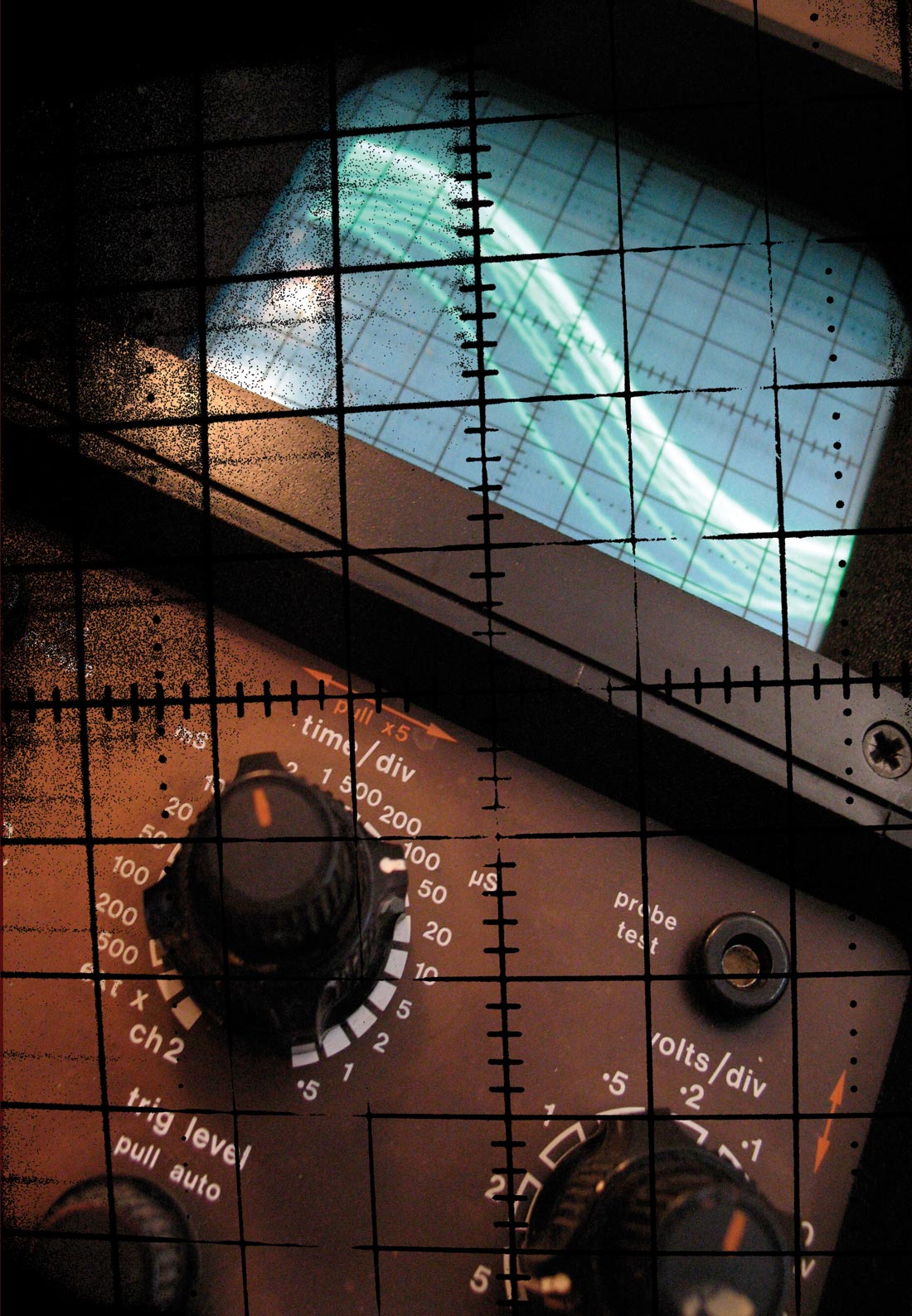Michael Moushon and Glenn Forsythe are Boston-based musicians with lengthy studio tenures and expertise in development of music production tools. The pair undertook a major endeavor with Sounds Like Drums, which was initially available as a ReFill for Propellerhead Reason. The audio content is now also formatted for use with Native Instruments KONTAKT 2, iZotope iDrum, and Ableton Live as 24-bit samples at either 44.1 kHz or 96 kHz rates.
The heart of SLD was the effort to capture as much depth and nuance as possible from both a classic 1960s Rogers five-piece drum kit and a high-end, modern DW kit. Moushon and Forsythe filled over a dozen reels of Quantegy GP9 analog tape at a Boston studio, recording drummer Greg Kitto and other local session players. Kitto tracked the Rogers kit with a variety of snare drums, using wood sticks, hot rods, brushes, mallets, and his bare hands. The kits were captured with a collection of premium mics (Neumann, Royer, AEA, etc.) and preamps (Neve, Telefunken, Universal Audio, etc.). An additional partner, Randall Robbins, was instrumental in developing SLD for KONTAKT 2.
SLD appeals chiefly to rock/pop producers or desktop musicians who would prefer a live drummer but simply don't have access or means to accommodate one. These aren't dry, isolated samples. All mics capture the character of the studio's live room in addition to performance quirks and the characters of the kits themselves. The result is a much more convincing "performance" straight out of the box. Forsythe and others assembled painstaking demos in styles ranging from driving, Beatles-esque pop to hot raga, with impressive results. With velocity mapping of thirteen layers on the Rogers kit, very authentic sounding performances are possible, depending upon the time invested.
My mixing and mastering room at The Happy Club is built around Logic Pro. Logic users unfamiliar with the process of ReWiring Reason into Logic are welcome to email me for a useful tutorial I found online and some personal notes. Essentially, Logic requires creation of an Audio Instrument for sending MIDI data to Reason and a pair of Audio Objects for stereo playback. Or you can use the Logic/ReWire/Reason templates included with SLD. Default Reason rack configurations are also included in order to get you programming beats quickly. Users can use Reason's NN-XT sampler to customize the kits by swapping snares/sticks and "moving" room mics or altering the amount of microphone bleed.
I used SLD to demo new songs for a short tour by my band Ping. Once I had the ReWire process sorted (a personal first), sequencing was as easy with the ReFill as using my old Steinberg LM-4 bank, the creaky old Alesis HR-16, or Logic's own UltraBeat; and for rock and roll, it sounded better than any of those. I also saw great results using SLD when tracking a guitarist who wasn't playing well to a click track.
Others may be available, but SLD is the first multisampled drum library I've encountered with all samples tracked analog to tape. If you're really hunting for artifacts of the analog process, a few can be found. Crank the volume and overcompress an isolated cymbal crash, and maybe you'll hear a ghost tap on the snare. I heard some vocal chatter at the tail of one kick drum sample. But given that this package includes over 10,000 samples, the attention to detail is pretty staggering. Sounds Like Drums takes advantage of traditional analog recording methods and puts them in the hands of both non-traditional desktop musicians and pros alike. I'll always prefer live drummers, but I'm sure I'll use SLD for keeper tracks before long. ($85 MSRP for SLD Total 44.1, $100 for Total 96, other packages available for $20-$350; www.soundslikedrums.com)
Tape Op is a bi-monthly magazine devoted to the art of record making.




_disp_horizontal_bw.jpg)